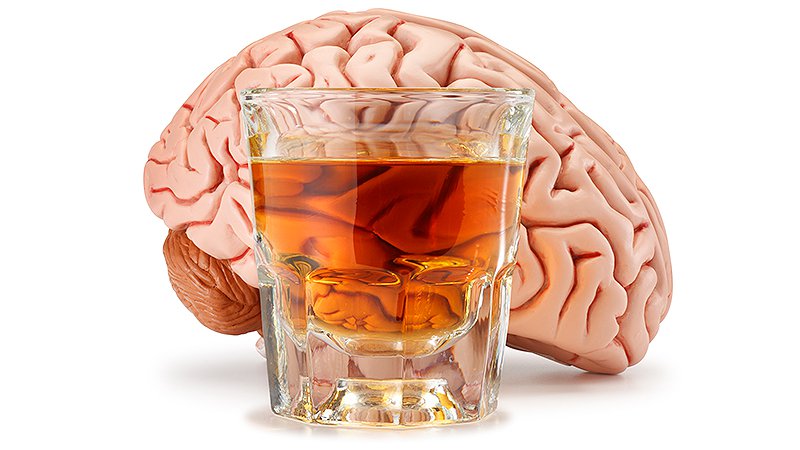
As of today, marijuana is legal for recreational use in twenty states. While cannabis may have some legitimate medical benefits, the reality is that for many, there can be serious medical side effects that come with heavy use, including anxiety, depression, addiction, and psychosis.
More frequent marijuana use is linked to an increased risk of psychosis, or losing contact with reality, according to research. Now, a new study that was just released in The Lancet Psychiatry shows that regular marijuana use—especially regular use of high-potency cannabis—increases the risk of later experiencing a psychotic episode.
Tetrahydrocannabinol, or THC, is the chemical in cannabis that gives the drug its psychoactive properties. According to the study’s authors, high-potency cannabis is defined as products with more than 10% of this chemical. The fact that ingesting high-THC cannabis products has a greater risk is troubling because these products are increasingly widespread in the market presently.
Because they contain bigger amounts of resin than a typical Cannabis flower, extracts and concentrates are more potent than a flower. Resins, the separated active components of marijuana, have 3 to 5 times more THC than a marijuana plant, according to the National Institute on Drug Abuse.
Symptoms of cannabis-induced psychosis:
- Delusions – characterized as fixed and false beliefs that contradict reality
- Hallucinations – a false perception of objects or events involving your senses
- Dissociation – a mental process of disconnecting from one’s thoughts, feelings, memories, or sense of identity
- Disorganized thoughts – thoughts lose almost all connections with one another and become disconnected and disjointed
- Affect and behavioral changes – alterations or adjustments of behavior that affect functioning
Three separate types of cannabis-induced psychosis can occur: acute psychosis while under the influence, acute psychosis following the drug’s intoxicating effects, and long-term chronic psychosis. Some users will continue to have episodes of psychosis after the drug has worn off, despite the fact that some psychotic effects (hearing or seeing things) are rather frequent during intoxication. Within a month or so, these signs and symptoms usually go away. For those who use marijuana frequently or chronically, especially high-potency marijuana, this poses an obvious difficulty.
The user finds these symptoms unpleasant, and a family finds them frightening. We advise quitting marijuana use and getting professional assistance if you or a family member is having a psychotic episode or any of the aforementioned symptoms while also using it. If you live anywhere close to Longmont or Fort Collins, give us a call at 888-509-3153 to arrange a consultation. If not, look for a local treatment center or seek a healthcare professional’s advice.








